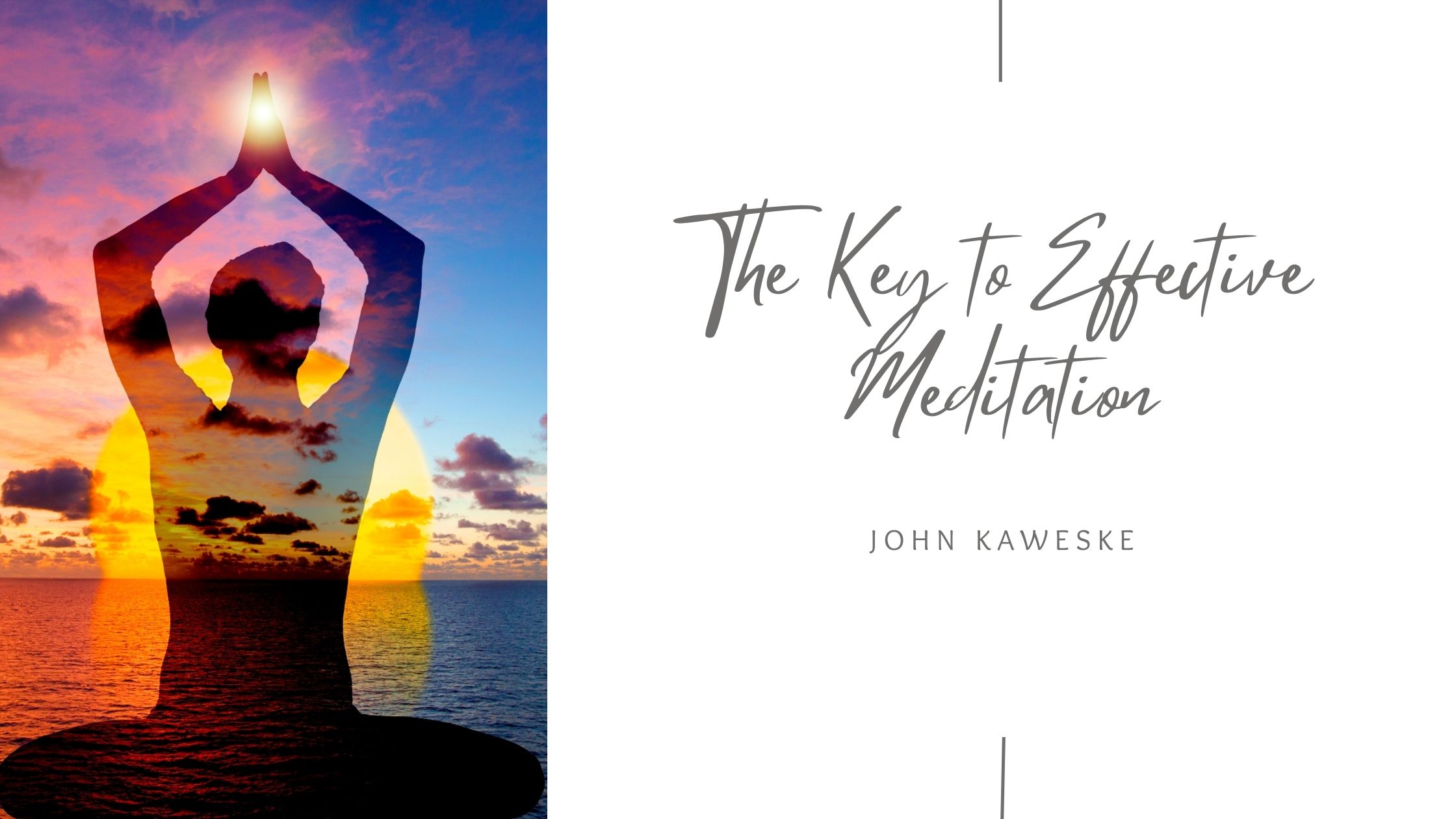Effective meditation can benefit your mental, emotional, and physical well-being. It is a practice that helps you find inner peace, reduce stress, improve focus, and cultivate a sense of mindfulness. While meditation may seem simple, achieving a deeper and more meaningful meditative experience requires consistency, patience, and the willingness to explore different techniques.
Here are some key elements that contribute to effective meditation:
Regular Practice:
Consistency is crucial in meditation. Set aside dedicated time each day for your meditation practice, even if it’s just a few minutes. Regularity allows your mind and body to adapt to the practice, making it easier to reach a meditative state over time.
Find a Quiet Space:
Choose a quiet and peaceful environment for your meditation sessions. Minimize distractions by turning off electronic devices and finding a space where you won’t be disturbed. A serene setting helps create the right atmosphere for deep relaxation and focus.
Comfortable Posture:
Maintain a comfortable posture during meditation to avoid unnecessary distractions and physical discomfort. Whether you sit on a cushion, a chair, or lie down, ensure your body is relaxed and well-supported.
Focus on the Breath:
Using the breath as an anchor is a common and effective meditation technique. Pay attention to your breath, focusing on the sensation of each inhalation and exhalation.
Non-Judgmental Awareness:
Meditation is about observing your thoughts and feelings without judgment. Allow thoughts to come and go without getting caught up in them. Embrace a sense of non-attachment and observe your mind with gentle curiosity.
Letting Go of Expectations:
Avoid striving for a particular outcome or experience during meditation. Let go of preconceived notions of what meditation should feel like or achieve. Allow the process to unfold naturally without forcing it.
Practice Mindfulness:
Mindfulness is a state of present-moment awareness. Bring mindfulness into your daily activities, not just during formal meditation sessions. Be fully present and attentive to each moment, whether eating, walking, or interacting with others.
Guided Meditation:
Guided meditation can be helpful, especially for beginners. Guided sessions provide verbal instructions and visualization techniques, guiding you through meditation.
Patience and Persistence:
Effective meditation takes time and patience. Don’t get discouraged if you initially find it challenging to quiet your mind. Like any skill, meditation improves with practice.
Mind-Body Connection:
Recognize the mind-body connection during meditation. Pay attention to how your body responds to different emotions and thoughts. You can cultivate greater self-awareness and emotional well-being by developing awareness of this connection.
Set Realistic Goals:
Set realistic goals for your meditation practice. Instead of seeking dramatic changes overnight, focus on gradual progress and the positive effects of consistent meditation.
The key to effective meditation lies in regular practice, a quiet and comfortable environment, and cultivating mindfulness and non-judgmental awareness. Finding the right balance between relaxation and focus allows you to deepen your meditation experience and reap its many benefits. Remember that meditation is a personal journey, and the most effective practice resonates with you and supports your overall well-being.

